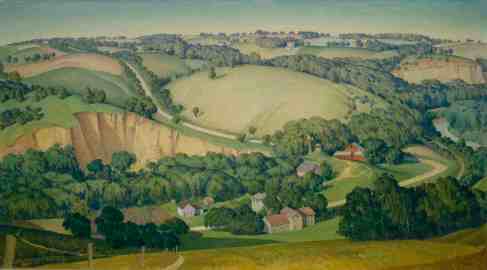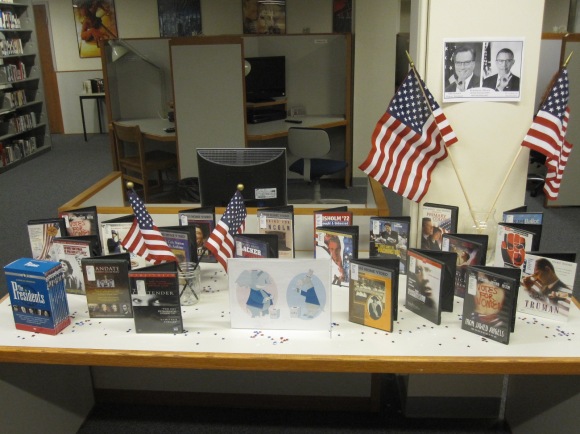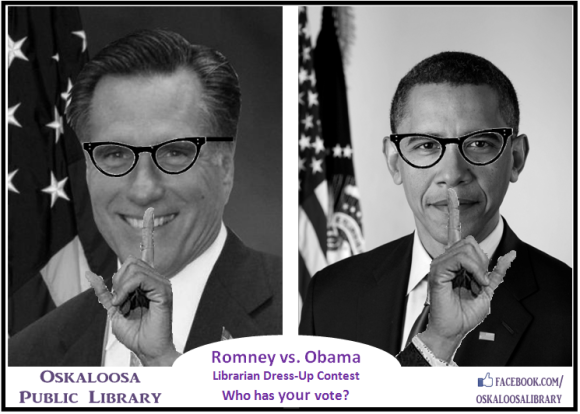In response to the new Facebook guidelines, I hereby declare that my copyright is attached to all of my personal details, illustrations, graphics, comics, paintings, photos, and videos, etc. (as a result of the Berner Convention). For any and all commercial use of the above my written consent is required in every instance.
(Those reading this may copy and paste this text on their Facebook walls. This will place them under protection of copyright laws. By the present communiqué, I hereby notify Facebook that it is strictly forbidden to disclose, copy, distribute, disseminate, or take any other action against me on the basis of this profile and/or its contents. The aforementioned prohibited actions also apply to employees, students, agents, and/or any staff under Facebook’s direction or control. The content of this profile is private and confidential information. The violation of my privacy is punishable by law (UCC 1 1-308-308 1-103 and the Rome Statute).
Facebook is now an open capital entity. All members are recommended to publish a notice like this, or if you prefer, then you may copy and paste this version. If you do not publish a statement at least once, you will be allowing tacitly the use of elements such as your photos, as well as the information contained in your profile status updates
As noted in this article from Time magazine, this message is a hoax. It, and any variation thereof, has exactly zero impact as to how Facebook can use the data and content that you post via the site. And they can do this due to the terms and conditions of use that all users agree to prior to creating and maintaining a Facebook account. No amounting of posting in your status bar is going to change the TOS (terms of service), so if you aren't happy with how Facebook is using your data, you are out of luck unless you A) close your account (where it is still a bit murky as to what the company does and does not keep of your data), B) never post information that you're not comfortable as public knowledge, or C) hope that Facebook changes/amends its TOS.
What this all settles down to is that it's important to pay at least some level of attention to the terms and conditions of use on any website that you're using, particularly those that are responsible for your personal data. Much like the notes and references sections on an academic articles, it might be tempting just to skip over that information; however, you could be missing important information, such as how the company can use your data and what your options are. This is why you should never just click "I agree" and forget about it, as it could come back to bite you. If you don't want someone to use the info that you post online, the best answer is never to post it all.
-Katelyn, Head of Reference








